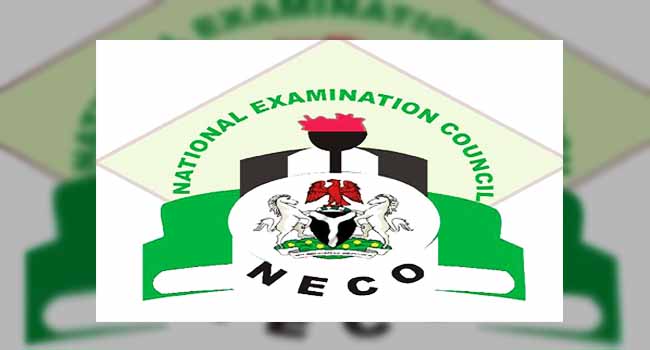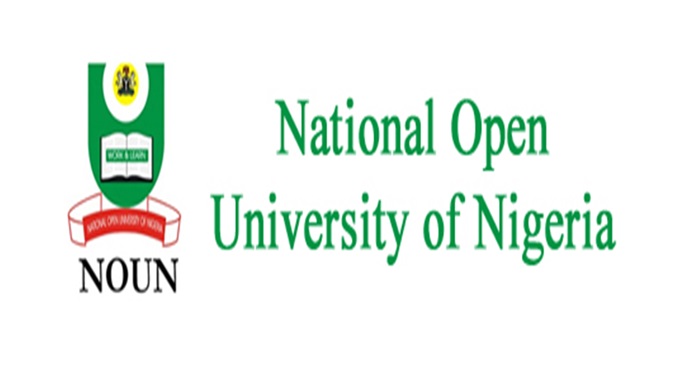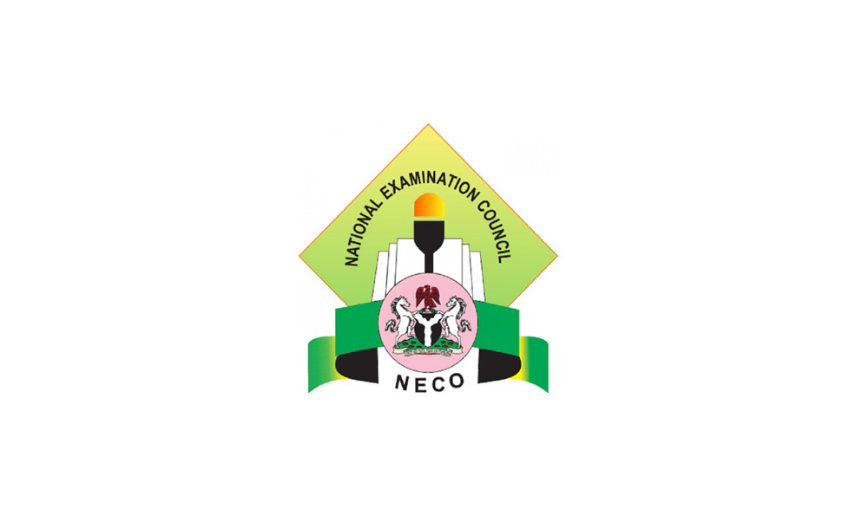The National Examinations Council (NECO) has expressed its zero tolerance towards examination malpractice and its determination to combat any form of it in all of its examinations. This was made known on Monday in Uyo, Akwa Ibom State by the Registrar/Chief Executive Officer (CEO), NECO, Prof. Ibrahim Wushishi during a one-day sensitization workshop on examination malpractice with the theme, ‘The Role of Education Stakeholders in Tackling Examination Malpractice in Nigeria’.
He said, “One of the biggest challenges bedeviling the conduct of public examinations now is the issue of examination malpractice.
“This workshop is, therefore, both thoughtful and timely, and should address the ways and means that can be adopted to curb the menace and re-orient the minds of the youths concerning this cankerworm, as no nation develops when its youths indulge in sharp practice such as examination malpractice.
“No doubt, examination malpractice has the tendency to discourage hard work among serious students, lowers educational standards, discredit certificates and lead to the production of quacks, thereby affecting the manpower needs of the nation. We must therefore take collective responsibility to rid them of this bad habit of wanting to cut corners”.
The NECO boss listed some measures to be adopted by the examination body and other stakeholders with the view of curbing the menace of examination malpractice.
According to him, “Effective conduct of accreditation and re-accreditation exercise in schools, biometric data capturing of candidates to check impersonation of candidates registered for examination and to help identify ‘miracle centres’, where examination malpractice are perpetrated.
“Others are the use of officers of the Nigeria Security and Civil Defence Corps to provide security at examination centres to prevent miscreants/agents of examination malpractice, provision of covert operations by officers of the Department of State Services to guide against compromising examination through the internet, daily distribution of examination question papers and other sensitive materials, monitoring of marking exercise to ensure that best practices are observed, among others”.









)


